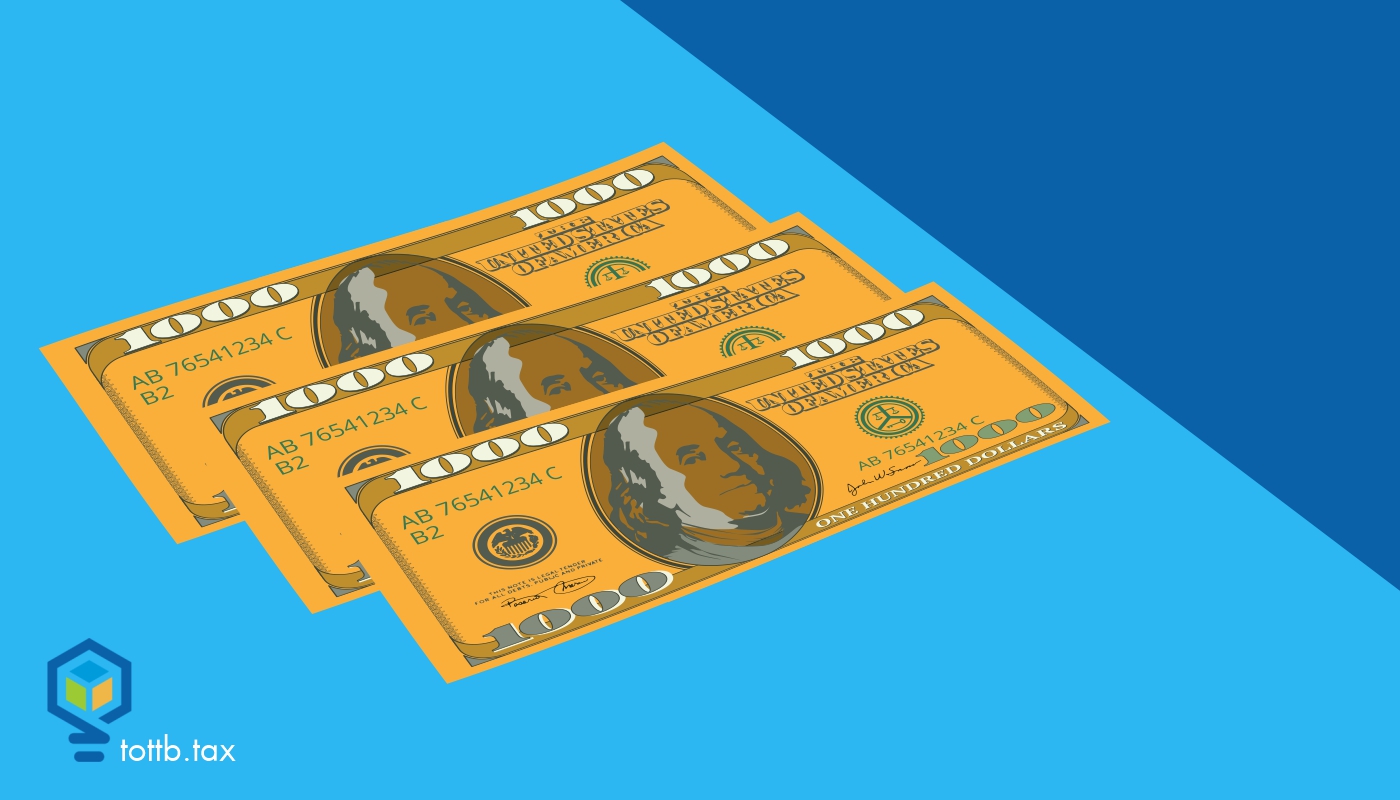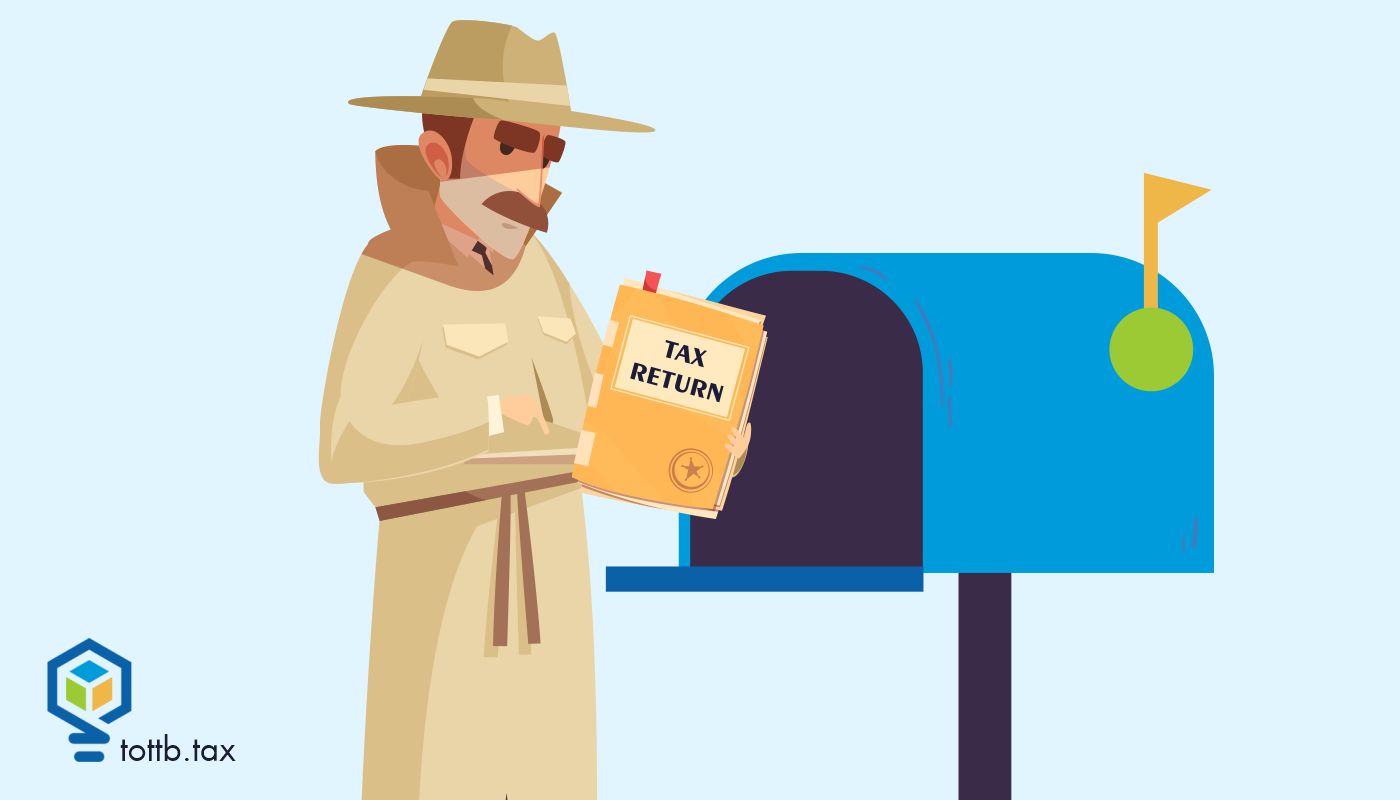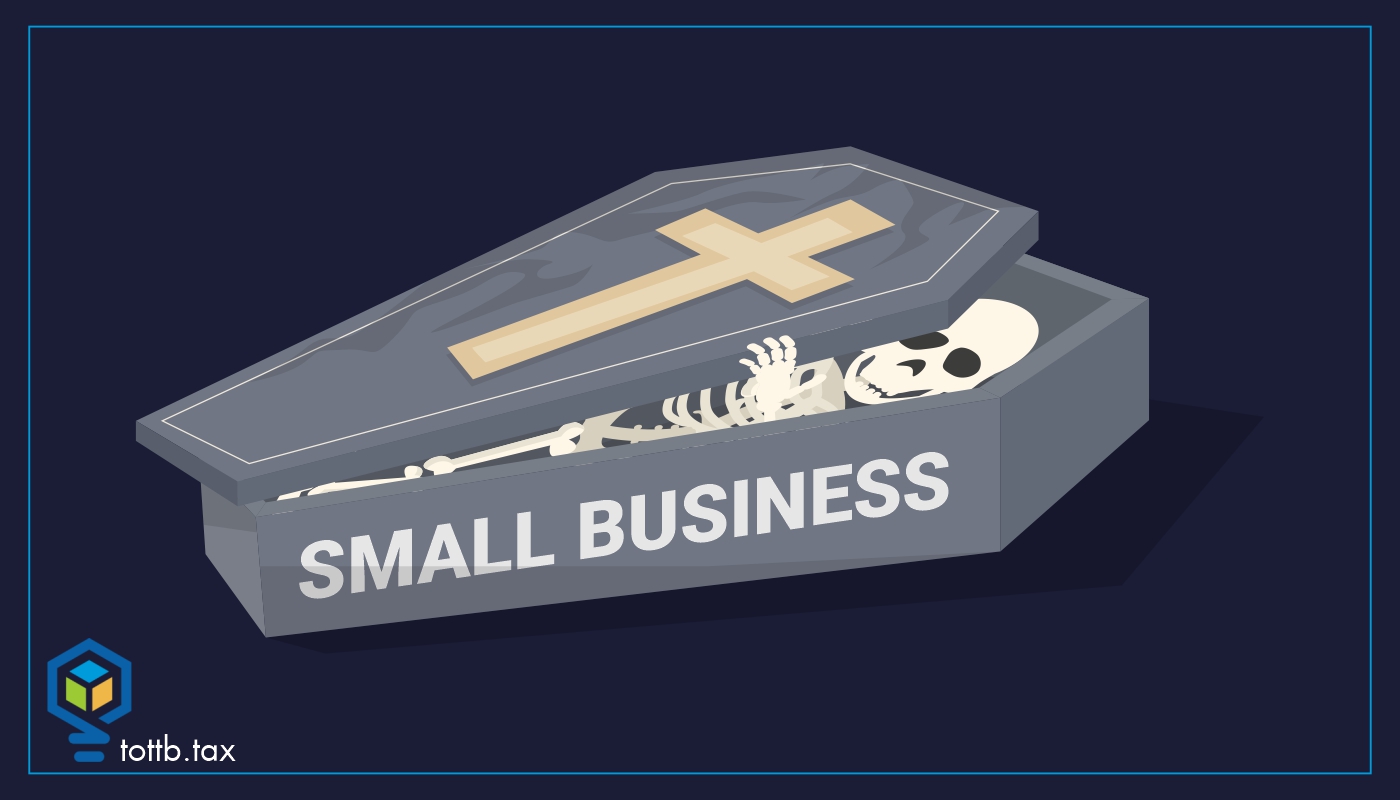
The Treasury Department offers two types of federal savings bonds, Series EE and Series I, for individuals and businesses to invest in cash savings.
Until 2021, federal savings bond rates were low; however, with the dramatic increase in inflation and interest rates, interest in federal savings bonds as a savings vehicle has skyrocketed. For example, in May 2023, TreasuryDirect issued $230 million in I bonds in that one month; in May 2020, only $13 million were issued.
Federal savings bonds have very favorable tax features. At the federal level, the interest earned is generally tax-deferable and sometimes entirely excluded from tax. At the state level, the interest is always entirely excluded from tax.
This article will review the differences between Series EE and Series I savings bonds and the tax savings opportunities available to owners of these bonds.
READ MORE







